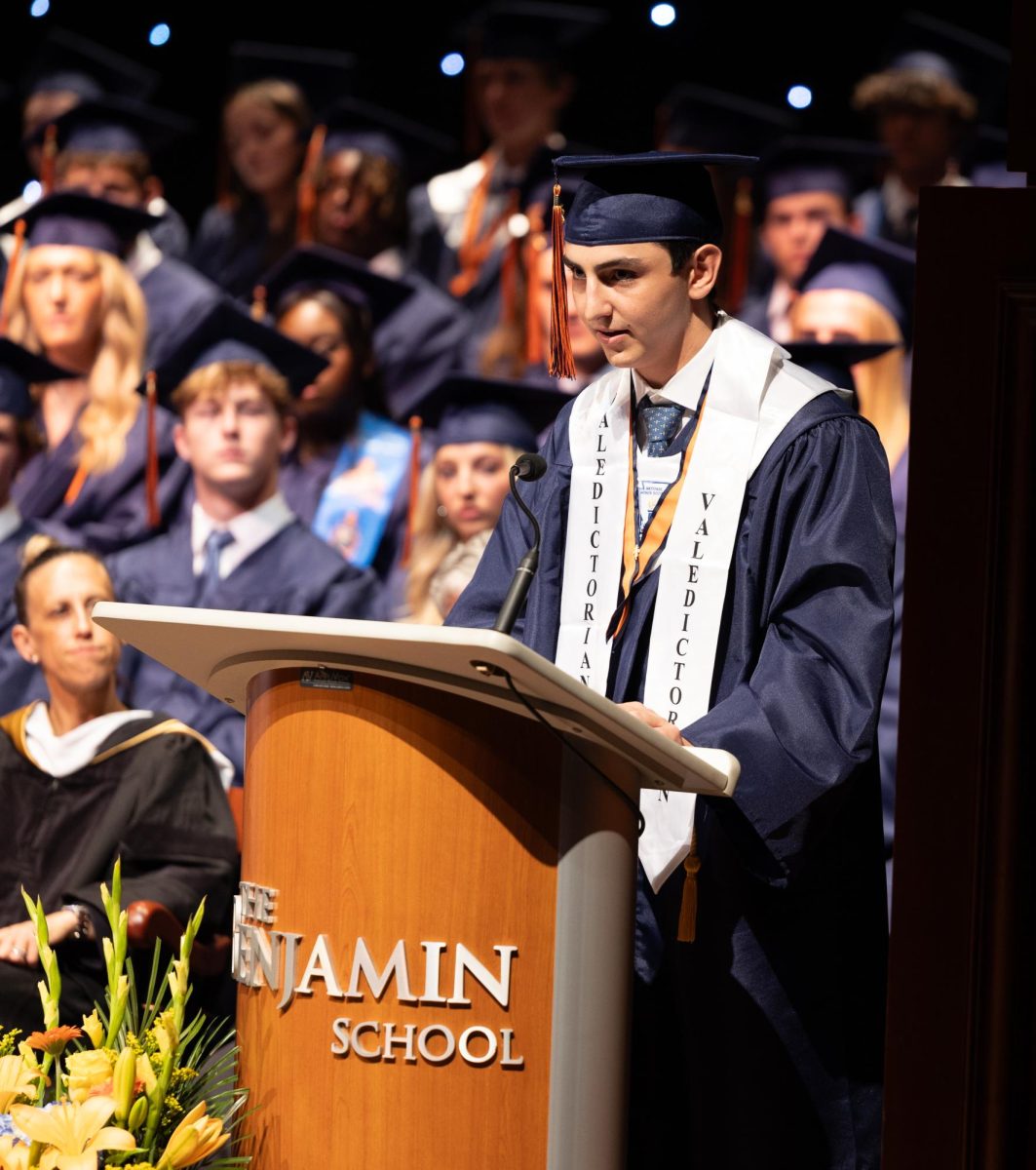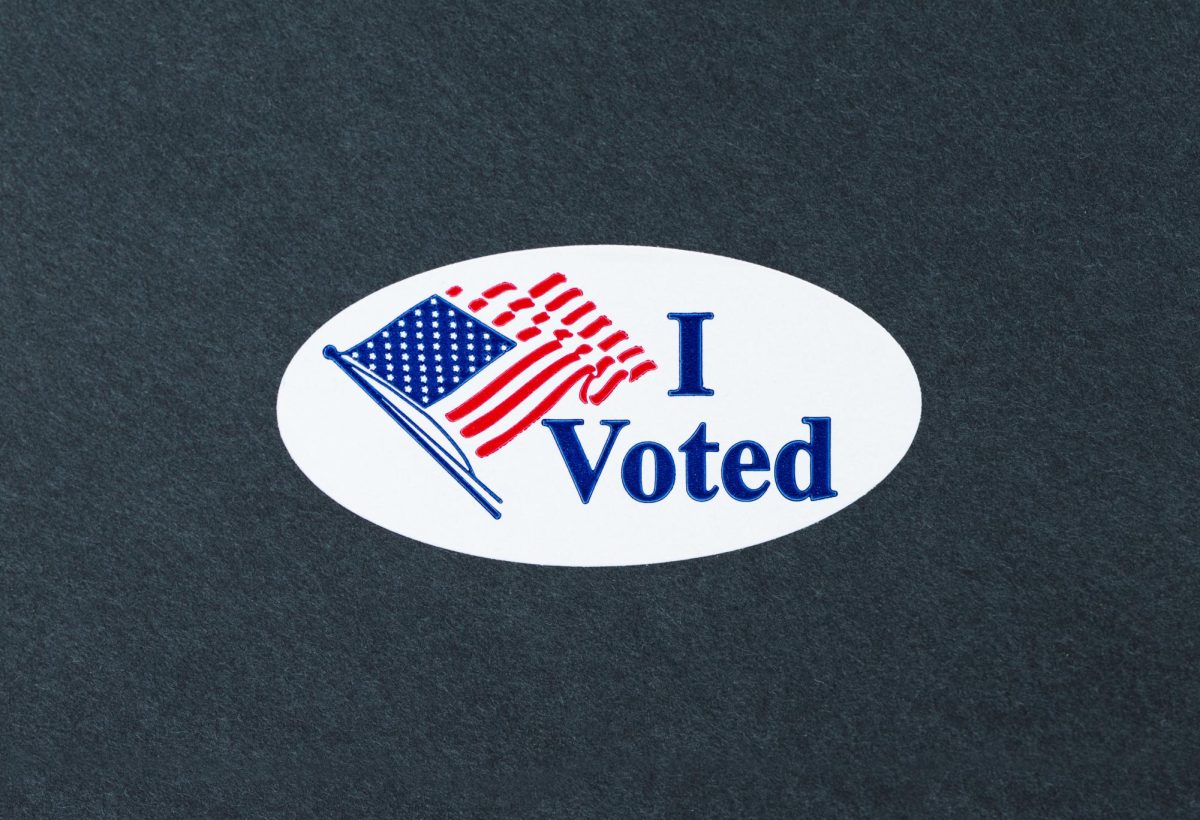The awarding of the titles of Valedictorian and Salutatorian has been a time-honored traditions for many high school seniors. These awards are supposed to represent the top two students in the senior class with the highest GPAs. In addition to the award, the Valedictorian gets to make a schoolwide address at graduation, which is considered one of the largest honors. While this tradition does have many values and benefits, it has
become outdated and difficult to organize. In a high school atmosphere that is uber-competitive and full of diversity, it is time to refresh and modernize the norms that have characterized the responsibilities of these top students.
In their first years, the honors of Valedictorian and Salutatorian were only given to two students, not based on anything but merit and GPA numbers. In today’s climate, there seem to be more and more ties for these titles, making them seem more mundane and less extraordinary. This is unfortunate as these titles should be reserved for the undeniable best students of the senior class. It is unrealistic to eliminate these
awards altogether, but they could be changed to be more effective and
meaningful. Yes, these titles can still be given out, but they should not warrant a speech at graduation unless the Valedictorian is elected as a speaker.
As it becomes more competitive to get into top colleges and to be a high-ranking scholar, the need to also be considered a Valedictorian and Salutatorian simply adds to the stress and emotional wear on students. This creates a much more hostile and competitive environment amongst students while in reality, the titles could be celebrated in a much different way.
Certain Valedictorians could not want to speak, or not be natural-born leaders, but do so to satisfy their community, which is unhealthy. The added pressure of public speaking due to this honor can be overwhelming for some recipients. Thus, the annual tradition of a student-made speech should be given to a student-nominated speaker. This would not only ensure that the speaker is comfortable with public speaking and wants to give the speech, but also that the speech-giver is relatable and more well-rounded. If students got to vote for their graduation speaker, they could choose someone much more representative of all the student body has to offer. This would lead to a much more favorable outcome for not only the speaker but also all students, parents, and faculty listening to the speech.
If a student is nominated to speak due to their involvement in the school community or in something outside of grades, it could lead to a much more inclusive speech that involves important values that run much deeper than high school. There are so many students who do amazing things outside of the classroom, and these activities deserve to be highlighted just as thouroughly. Also, allowing the student body to choose their final representative allows for all students’ voices to be heard in a tradition that usually only allows room for one point of view.
This different type of selection could also lead to a trend of students celebrating other classmates’ strengths and could unify the senior class. When students truly are involved in the selection process, they learn how to celebrate others successes and recognize other’s high school experiences. A democratic election would not only lead to much more peer recognition but also would lead to less controversy over who is truly
the “smartest” or most “successful” student. Instead, all students would agree on someone who represents all of the strengths of the graduating class.
While it is most certainly important to recognize the Valedictorian and Salutatorian for their excellent efforts in the classroom, it is equally as important to showcase all of the different meanings of success and hard work throughout all of the aspects of highschool. More than academics, the individual ventures and hobbies of senior classes are what make them unique. This uniqueness could be shown by allowing the senior class to nominate their own speaker for graduation, making the experience much more meaningful and celebratory of the grade as a whole.








